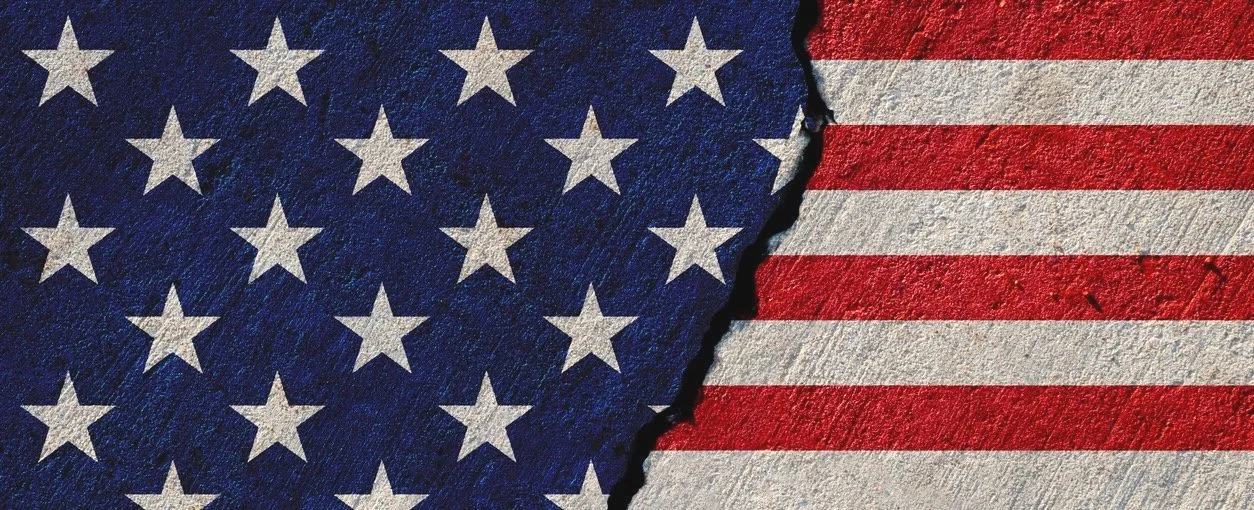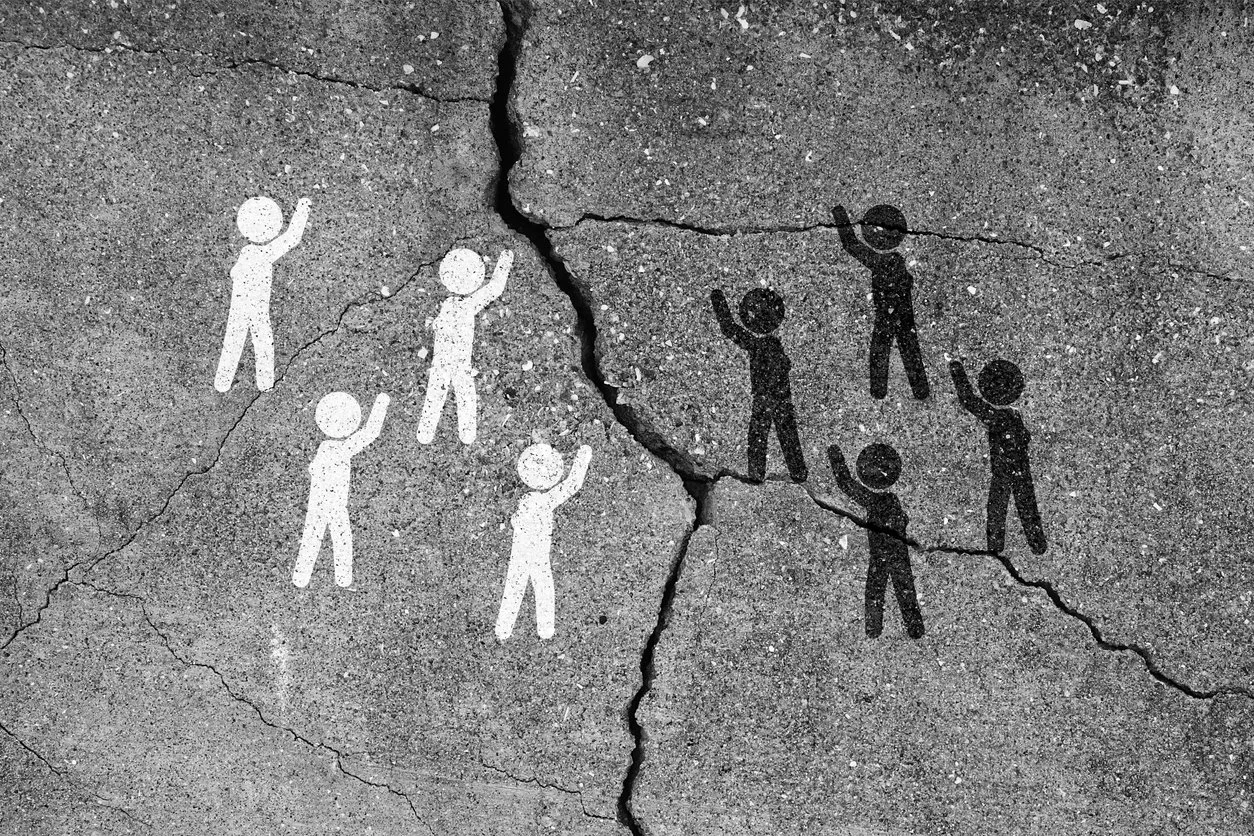Policing in a Polarized America
In the future, the United States will likely experience increasing ideological, political, and cultural polarization along ideological, political, and cultural lines. Contributing factors include partisan voting in Congress, media's role in reinforcing existing beliefs, social issues such as abortion and gun control laws as well as economic changes such as income inequality - including psychological mechanisms like confirmation bias and tribalism that further entrench divisions - along with psychological tendencies like confirmation bias and tribalism which exacerbate divisions further. Polarization itself is part of a broader global trend which includes populism - something external actors may exploit further to their own ends.
Polarization in the United States has grave consequences for policing, impacting both its perception and implementation. Attitudes toward policing often fall along partisan lines: conservatives usually support stronger measures while liberals often call for reforms like defunding the police or community-based solutions. Polarization makes meaningful change hard to attain as any proposed reforms may be seen through an ideological lens, decreasing their chances of wide-based support.
Extreme polarization can have real-world ramifications for policing. Officers may either be seen as heroes or agents of state oppression depending on a person's viewpoint, leaving little space for meaningful discussions about challenges and reforms to policing practices. Polarized public opinion can have lasting impacts on recruitment and retention of police officers, with individuals from more extreme ideological backgrounds becoming officers, potentially creating an unequal force that's less balanced or even partisan. Furthermore, public perception can affect judicial outcomes, funding allocation decisions, political will for reform initiatives and overall law enforcement quality within our country.
In this section we discuss the future of this polarization, its impact on policing and what police leaders can do to guide their organizations to a better future in which policing continues advancing toward a more effective, empathetic and just state.


